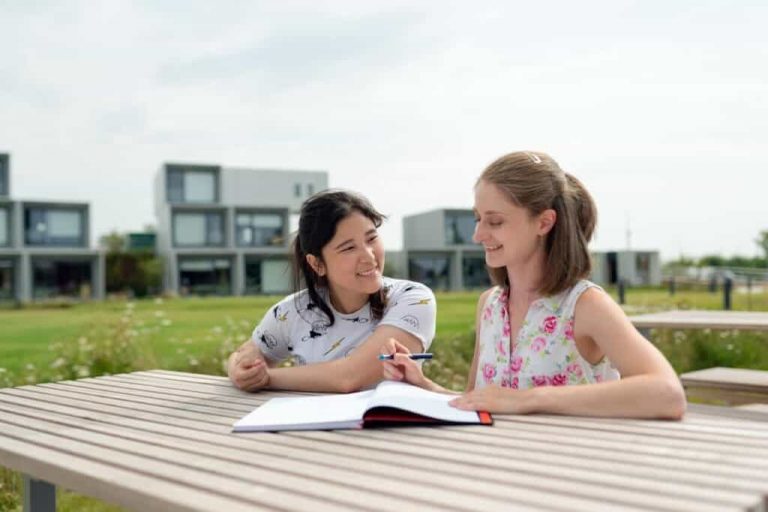
Worried About Your Child’s Physics and Maths Grades? Find the Right Tutor Today!
As a parent, ensuring your child succeeds in school is a top priority. But when

For most of the world, 2020 helped us coined the phrase ‘remote learning’. But now, as children across the UK prepare to return to school, the stark reality is that many pupils will have fallen significantly behind, making catching up to their peers both burdensome and stressful.
Despite the monumental efforts of teachers and schools, some children will need additional support to enable them to progress with the school curriculum.
This support may come in many forms, but Professor Becky Francis, CEO of the Education Endowment Foundation (EEF), believes high-quality tuition is the best way for pupils to catch up what has been missed. The UK government seems to agree, pledging £350m towards a National Tutoring Programme.1
The marker of ‘high-quality’ comes from two significant variables: namely, the size of the tuition group and the calibre of the tutor.
Small group tuition is defined as one tutor working with two to five pupils at the same time. Much smaller than a classroom setting, this arrangement provides students with exclusive focus, while benefitting from peer interaction.
Individualised tuition provides one-to-one assistance for a specific learning goal: advancement in a subject, focus on a problem area, intense preparation for an exam. It is a good solution for children who need a challenge, or those who would benefit from less distractions.
High-quality tutors are professional educators – those with a background in teaching and extensive experience in delivering curriculum content.
Up to five months of additional progress can be made with small group or one-to-one tuition – providing the sessions are consistent. Evidence suggests that regular sessions conducted over a set period of time result in optimum learning progression, in addition to normal teaching.2
In fact, 18% of senior leaders, have advocated tutoring in their own schools.3 That means 1 in 5 headteachers recommend private or small group tuition to children or parents.
Considering a tutor for your child? Look out for these three indicators of high-quality tuition:
Experience of the tutor: go with a company that vets its tutors carefully, ensuring the best quality of education for your child
Sources
1 https://educationendowmentfoundation.org.uk/news/300m-national-tutoring-programme-launched/
2 Sutton Trust-EEF Teaching and Learning Toolkit
3 https://www.suttontrust.com/wp-content/uploads/2019/12/PrivateTuition2019-PollingTables.pdf

As a parent, ensuring your child succeeds in school is a top priority. But when

In the realm of educational assessment and cognitive testing, two terms that often come up

The role of tutors has become increasingly crucial in supporting a child’s academic journey. While
| Cookie | Duration | Description |
|---|---|---|
| cookielawinfo-checkbox-analytics | 11 months | This cookie is set by GDPR Cookie Consent plugin. The cookie is used to store the user consent for the cookies in the category "Analytics". |
| cookielawinfo-checkbox-functional | 11 months | The cookie is set by GDPR cookie consent to record the user consent for the cookies in the category "Functional". |
| cookielawinfo-checkbox-necessary | 11 months | This cookie is set by GDPR Cookie Consent plugin. The cookies is used to store the user consent for the cookies in the category "Necessary". |
| cookielawinfo-checkbox-others | 11 months | This cookie is set by GDPR Cookie Consent plugin. The cookie is used to store the user consent for the cookies in the category "Other. |
| cookielawinfo-checkbox-performance | 11 months | This cookie is set by GDPR Cookie Consent plugin. The cookie is used to store the user consent for the cookies in the category "Performance". |
| viewed_cookie_policy | 11 months | The cookie is set by the GDPR Cookie Consent plugin and is used to store whether or not user has consented to the use of cookies. It does not store any personal data. |
Begin your journey to success.